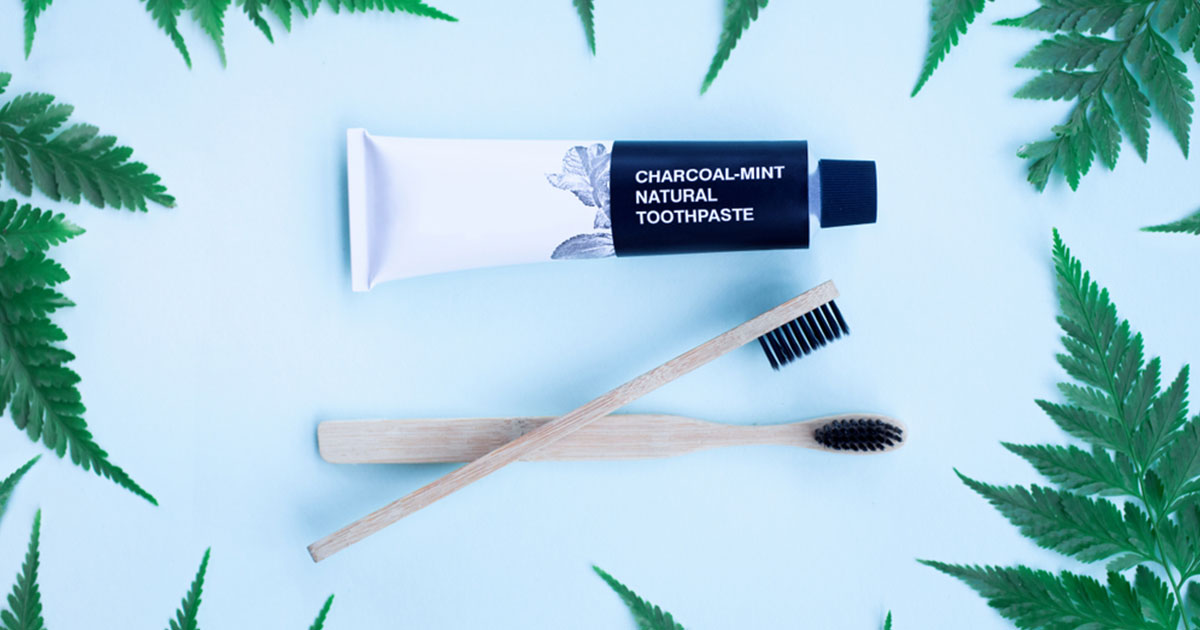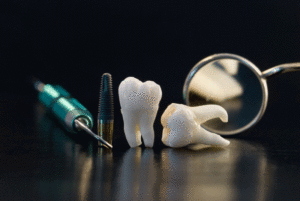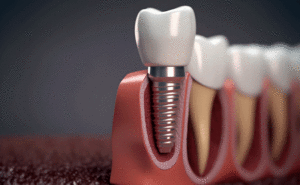Have you heard about activated charcoal toothpaste? When you brush your teeth with it, it turns your mouth black – but in the long run, it’s supposed to have whitening properties. In fact, there are several claims about charcoal and its miraculous properties for your mouth. However, not only does it not live up to most of these claims, it can actually be harmful to use. Here’s what you need to know about charcoal toothpaste.
Claims Made About Charcoal Toothpaste
Activated charcoal has been used for years in the medical community to treat patients who have ingested poison. The charcoal binds to the poison so that it can pass through the body safely, without being absorbed into the bloodstream.
The principle behind charcoal toothpaste is similar. The claim is that bacteria and other toxins living in your mouth bind themselves to the charcoal, leaving your mouth cleaner and fresher than regular toothpaste. This supposedly acts as a sort of detox for your mouth, which, manufacturers say, whitens your teeth and freshens your breath as well.
The Truth About Charcoal
Let’s start with what charcoal toothpaste can do. It can remove stains from your teeth, such as coffee or wine. What it can’t do is actually make your teeth whiter. In fact, whitening is a claim that a lot of toothpastes make, and few if any of them can really do it. That’s because for most people, the source of discoloration is inside the tooth, and toothpaste can only clean the surface.
Charcoal also can’t “detox” your mouth beyond the regular cleaning you’d get from any good toothpaste. The claim is based on the idea that your teeth and gums actually absorb toxins, similar to the way your liver and kidneys do. The idea is that the charcoal pulls those toxins out of your gums and binds them to itself, thus leaving you with a cleaner, detoxified mouth.
The problem is, though, that your teeth and gums don’t absorb bacteria in that way. There aren’t any extra toxins hanging around in your mouth beyond the bacteria from food debris you haven’t brushed away yet – which, again, can be eliminated using any decent quality toothpaste.
The Damage Charcoal Toothpaste Can Cause
But even if charcoal toothpaste doesn’t have magical detoxifying or whitening properties, at least it can remove stains, so why not use it, right? Well, the problem is, charcoal has other effects on your mouth, which are less beneficial.
The reason it works to remove stains from your teeth is because it’s abrasive. But that abrasiveness can also damage your tooth enamel. Once your enamel is gone, the tooth beneath will decay much more quickly, leading to cavities, gum disease, and more.
Charcoal toothpaste can also irritate your gums. And if you have fillings in your teeth, the charcoal can get into and under them, lodging in places that can’t be removed with simple brushing. This can end up causing further damage to your mouth.
In the end, the hype around charcoal toothpaste isn’t to be believed. Its only real benefit is removing stains from your teeth, and the damage it can cause to your mouth makes it not worth it. If you want to find better, safer ways of removing stains and whitening your teeth, talk to your dentist. In the meantime, go back to your regular toothpaste and leave charcoal alone.
If you have more questions about which toothpaste you should use and how to best take care of your teeth, call Caven Dental today at 904-645-3366 or contact us online.



